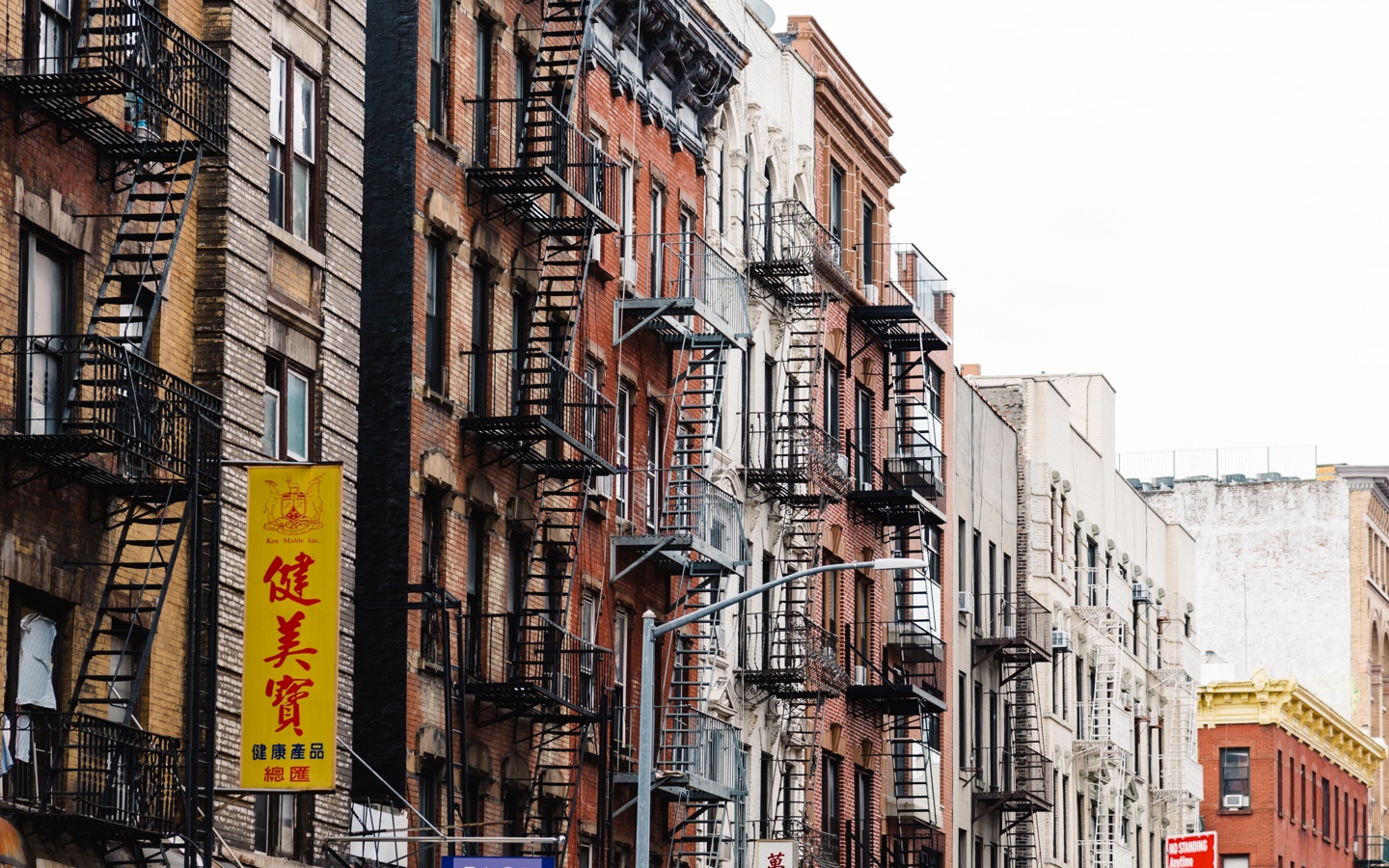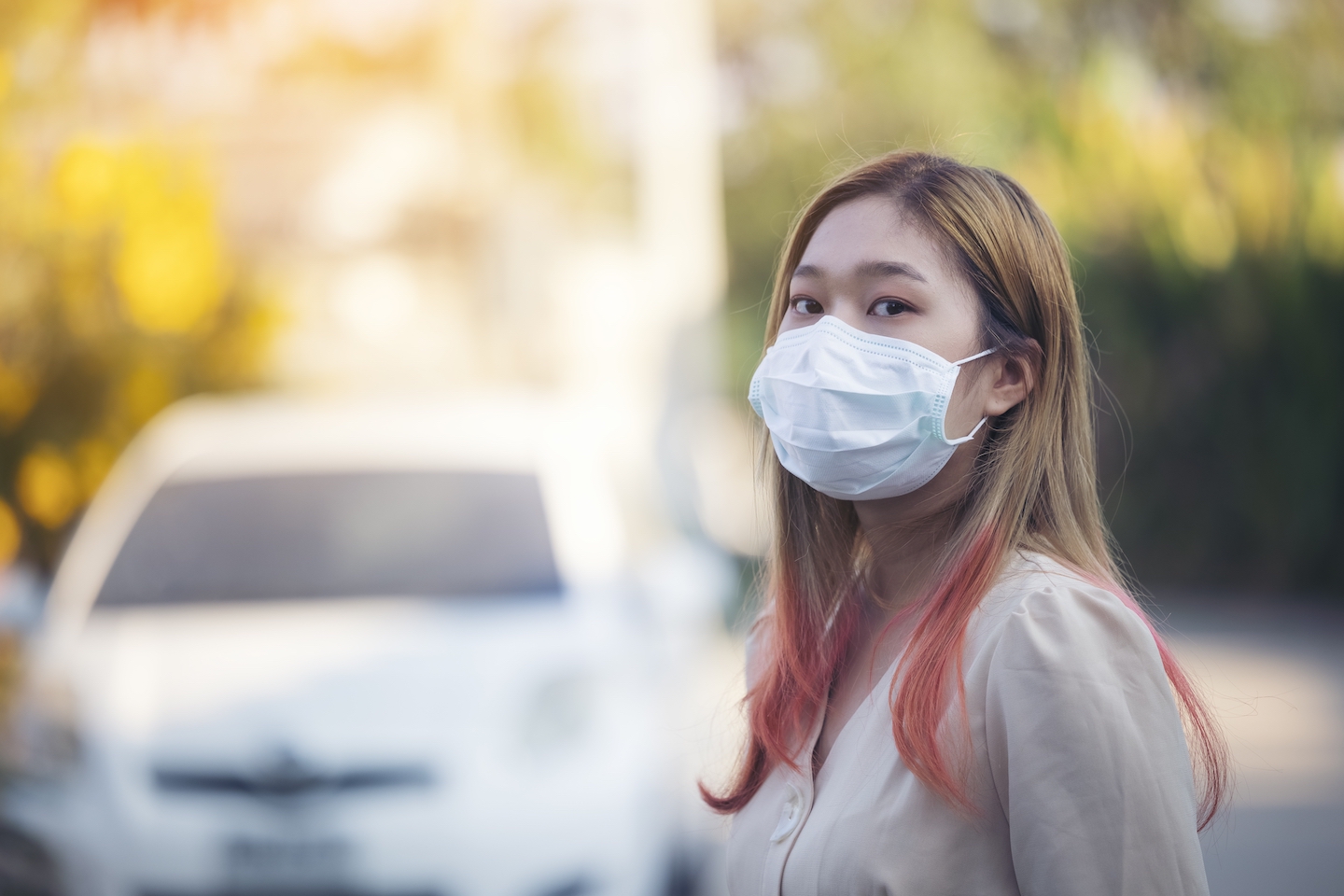Violence against Asian-Americans has skyrocketed during the pandemic. Become a better ally by educating yourself, volunteering your time, and speaking out against discrimination.
As many have already pointed out, systemic xenophobia in America is a problem that stretches back hundreds of years. But since the onset of Covid-19, violence against the Asian and Pacific Islander community has skyrocketed due to racist rhetoric about the virus’s origin in China.
Chinese Americans, specifically, are dealing with the brunt of these attacks, but they are far from the only targets. The proliferation of these hateful actions is further evidence that it’s going to take all of us — corporations, nonprofit organizations, educational institutions, and individuals — coming together to fight discrimination.
Between March and August 2020, the organization Stop AAPI Hate received 2,583 reports of anti-Asian discrimination, including verbal harassment, assault, and workplace discrimination. In January, a spike in hate crimes targeting the AAPI community — many of the victims being elderly — sparked a new call for more mainstream attention toward these attacks. And there are plenty of ways, right now, to support the AAPI community with your time, knowledge, and voice.
Read More: A Force For Good — Why Avocado Became a Certified B Corp

Learn More
If you’re feeling helpless while reading the news, channel those emotions into action by educating yourself about the history behind the current problem. For a better understanding of the increased violence against the AAPI community, Bettina Makalintal at Vice has a helpful overview of recent incidents and the response. She also provides additional context around these attacks. Nina Strohlic at National Geographic wrote about the long history of state-sanctioned discrimination against Asian Americans and how it has led to the scapegoating during Covid-19.
Of course, educating yourself is more than reading a few articles. To understand the full weight of how today’s violence is connected to the past — and to be a better ally — it takes an ongoing effort. And, you’ll have to dive deeper than you probably did in school on the history of Sinophobia, xenophobia, and racism toward Asian Americans.
Becoming familiar with broad themes like the “model minority” myth, the historical fear mongering of the “yellow peril,” and the perception of Asian Americans as a monolith is a good place to start. In general, though, the best way to continue being aware of the current problem is to stay up to date with the local news outlets in your own community, which often cover hate crimes and other developments before national publications.
Volunteer & Stay Alert
No matter where you live, there are likely opportunities to volunteer your time to support and uplift the AAPI community. In the Bay Area, for example, where many recent attacks have happened, community organizers have formed volunteer groups to accompany Asian American elders when they leave the house to help them feel safe.
If there are no immediate volunteer opportunities in your area, there’s still work you can do. For instance, learning about bystander intervention will enable you to identify various forms of harassment, understand how they can escalate, and know how to respond or step in if you see it happening. The anti-harassment organization Hollaback! recently published a bystander intervention guide, and Asian Americans Advancing Justice offers virtual training sessions. You can also report hate incidents on Stop AAPI Hate’s website.

Donate
There are handfuls of organizations addressing all different facets of AAPI discrimination that can use donations now and always. To support efforts to track information on racist incidents, donate to Stop AAPI Hate. Asian Americans Advancing Justice provides legal services to protect the civil rights of AAPI individuals. The Asian Pacific American Labor Alliance has an extensive list of organizations, resources, and relief funds to support AAPI workers who experience discrimination in the workplace. And the Asian Mental Health Project offers resources to anyone in the AAPI community, including talks and remote events.
Alongside these larger, national organizations, there are many other groups and nonprofits doing great work in communities across the country. Organizers Eda Yu and Myles Thompson created a GoFundMe in response to recent attacks, and although the campaign is no longer running, you can still donate to any of the organizations they distributed funds to — you can view the full list here. The Strategist also has a growing, researched list of 45 organizations to support.
Support Asian-Owned Businesses & Communities
In addition to watching out for discrimination and speaking out when you see it, keeping Asian-owned businesses front of mind when you’re shopping or dining out is another way to support this community in a big way. Asian-owned businesses and Chinatowns have been hit harder than most since the beginning of Covid-19, for many of the same discriminatory reasons.
The Instagram account Save Our Chinatowns highlights Asian-owned restaurants and artists based mainly in Oakland and San Francisco, and recently put together a handy shopping guide that includes AAPI creators as well. Send Chinatown Love and Welcome to Chinatown have been curating similar information for New York City. And all three feature fundraising efforts from designers and artists, like stickers from Sticky Locals that raise money for small Asian-owned businesses, or a print that Leanne Gan will give to anyone who can provide a receipt for $20 or more at the NYC restaurant Spicy Village.
At the risk of sounding like a broken record, if you don’t live in a major city (and even if you do!), your local newspaper is likely full of stories that can guide you to Asian-owned businesses you may not have been aware of. Standing together against discrimination of all types is the only way we can ignite real change.
Have feedback on this story? We’d love to hear it. Email us at [email protected].

Shop Pillows
The Essential Organic Pillow Collection
Gentle, breathable, non-toxic support.




